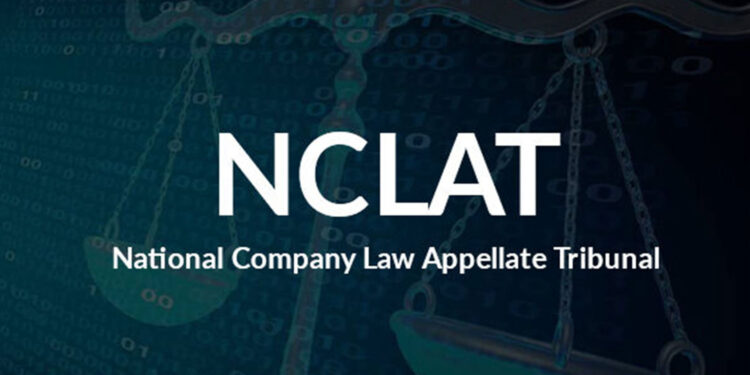The National Company Law Appellate Tribunal (NCLAT), Principal Bench, comprising Justice Anant Bijay Singh (Judicial Member) and Ms. Shreesha Merla (Technical Member), recently delivered a significant ruling in the case of Noida Special Economic Zone Authority v. Mr. Manish Agarwal. The case involved a challenge to the approval of a Resolution Plan by the Adjudicating Authority, which the NCLAT declined to set aside, emphasizing the importance of the Committee of Creditors’ (CoC) commercial judgment regarding the viability and financial feasibility of such plans.
The dispute centered around the Resolution Plan proposed by Mr. Manish Agarwal and its approval by the Adjudicating Authority. The Noida Special Economic Zone Authority raised objections to the plan, arguing that it was not in the best interest of the creditors. The Authority contended that the plan undervalued the assets of the corporate debtor and was prejudicial to the interests of the creditors.
In its decision, the NCLAT emphasized the well-established principle that the commercial wisdom of the CoC should be given utmost importance in the approval of Resolution Plans. The tribunal noted that the CoC, being composed of financial creditors who are well-versed in financial matters, is best placed to evaluate the viability and feasibility of such plans. The NCLAT stated that it would not interfere with the commercial decisions of the CoC unless there is a clear contravention of any law.
The NCLAT further highlighted that its role is limited to ensuring that the Resolution Plan complies with the requirements of the Insolvency and Bankruptcy Code, 2016 (IBC) and that it is not discriminatory against any class of creditors. The tribunal clarified that it is not its mandate to substitute its commercial judgment for that of the CoC.
In the case at hand, the NCLAT found no grounds to set aside the order of the Adjudicating Authority approving the Resolution Plan. The tribunal noted that the CoC had approved the plan by an overwhelming majority, and there was no evidence to suggest any malafide intentions or irregularities in the decision-making process. The NCLAT observed that the objections raised by the Noida Special Economic Zone Authority were primarily based on commercial disagreements with the valuation of the assets, which, according to the tribunal, did not warrant interference.
The NCLAT’s decision reaffirms the principle that the CoC’s commercial wisdom should prevail in the approval of Resolution Plans under the IBC. The tribunal’s reluctance to interfere in such matters underscores the importance of allowing financial creditors the freedom to negotiate and approve plans that they deem to be in their best interests. The ruling also serves as a reminder to stakeholders involved in insolvency proceedings to adhere to the statutory requirements and principles of fairness and transparency in their dealings.

















